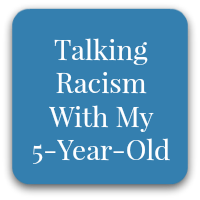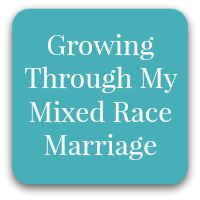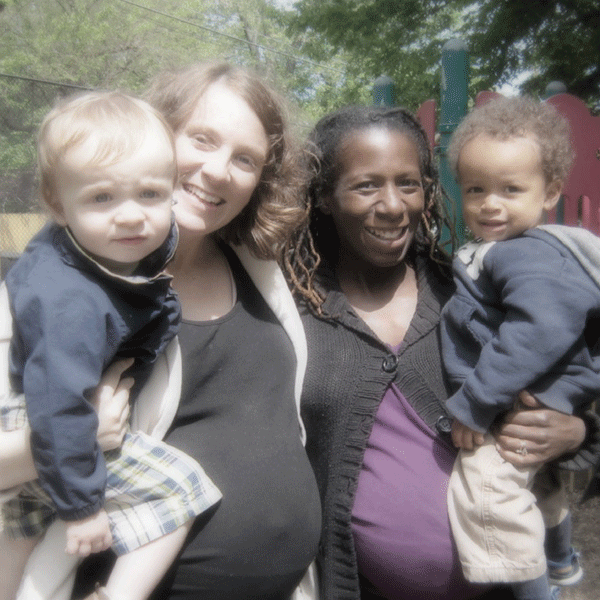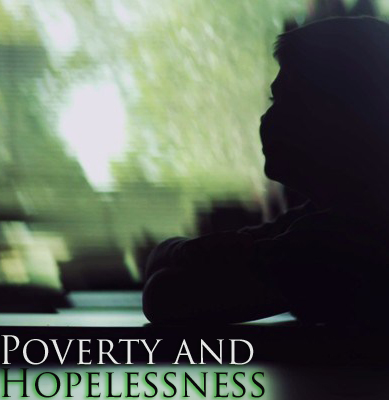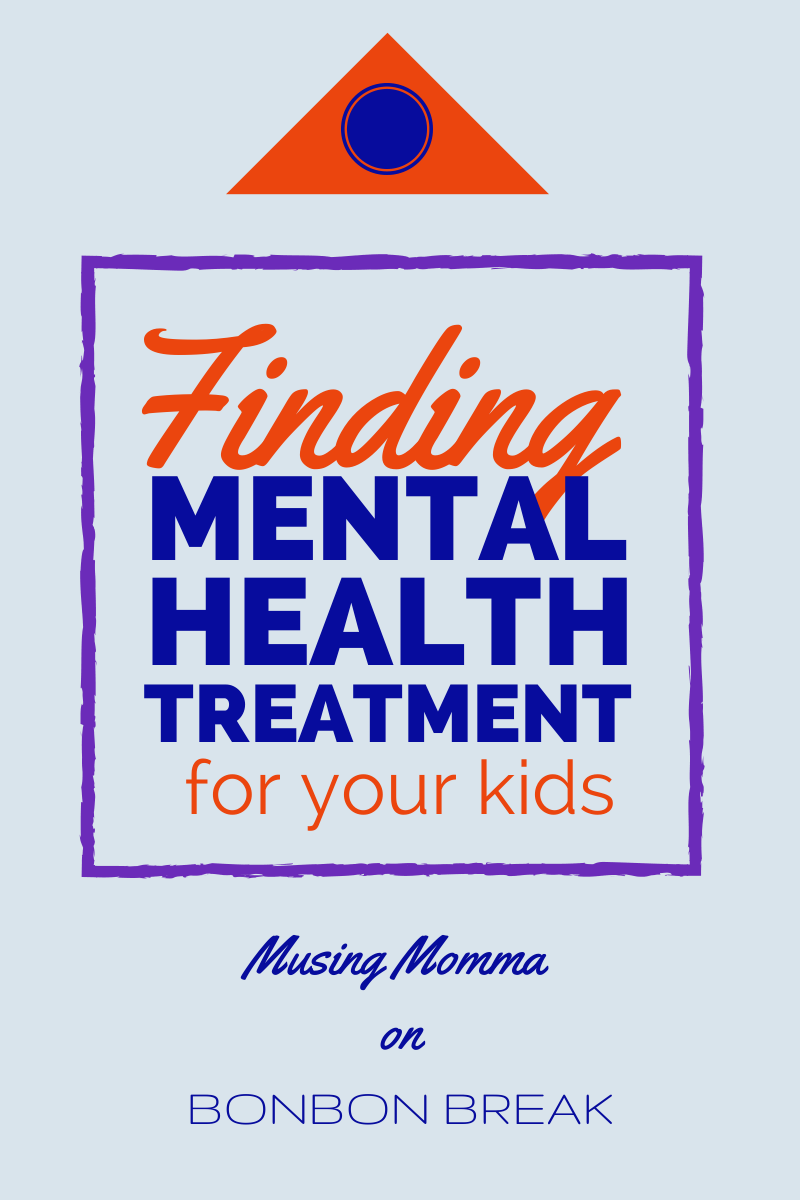To The Moms Suing Their Sperm Bank


by Ellie of Musing Momma

Dear Amanda and Jennifer,
A few days ago, I spotted your story on the internet. I admit my initial reaction to the headline was outrage. Suing over a baby’s race? Seriously?! I was busy and I didn’t have time to read the full story (or determine if headlines were even accurate). But I did have time, in the coming days, to read some of the reactions that followed, and I found myself nodding my head in agreement as others criticized your decision to sue and painted you as unappreciative racists.
Then…
Then I read the news stories for myself. And I started to wonder if the criticism you are receiving is really so deserved.
When it comes to race and parenting, we want things to be black and white. You are a racist or you aren’t. You’re a great parent or a horrible one. On-line sometimes the lines are drawn even more harshly, with greater certainty, and too quickly. We rush to judgment. Things are so much simpler if we can put them in neat, tidy boxes.
We forget that, in reality, we are all a million shades of gray. Even the most open-minded, culturally sensitive person struggles with prejudice at some level – studies on implicit racial bias have shown us that time and again. And anyone who has kids should realize that most of us are doing our best – whatever that best is – as we struggle through one of the most challenging roles we’ll ever have, one where the stakes often feel oh-so-high.
I started to think about the shades of gray in this situation you find yourself in.
You didn’t expect to be raising a child of color and you weren’t prepared.
That doesn’t make you a bad person. It’s just a fact.
I have no doubt that you love your daughter and that you fall more in love with her every day. And, at the same time, you have been thrust into a life you didn’t expect. Those two things are not incompatible.
You put great care into selecting who would be the father of your child. Sure, it may have been done through pages and profiles, but this was an enormous decision for the two of you and one you spent months making.
We all make a conscious choice about the lineage of our kids. Some of us do it by choosing who we procreate with. Is it someone athletic? Someone smart? Someone witty or dynamic or shy? And yes, we know what that person looks like. Some traits are more important to us than others. Adoptive parents do it too. Even when they know very little about their child’s birth parents, they make a decision based on what they do know – and that often involves knowing the child’s racial heritage. Parents using artificial insemination and sperm banks make a choice too.
So most of us raising kids of color made a conscious choice to do so. For some it was an easy choice and for others maybe it was something they really needed to put some thought into. We can say a child’s color doesn’t matter (because it shouldn’t) but no one will deny that raising kids of color has unique challenges in our society. That doesn’t mean we shouldn’t do it – God no! – but those of us who choose to raise kids of color are choosing to take on those challenges and, I’m guessing, feel ready to do so. Long gone of the days are thinking the “color blind” approach to raising kids in a mixed race family is the healthiest way to go.
These days I wear my identity as wife in an interracial marriage and white mom to two biracial boys like a finely tailored coat. It fits me like a glove. I wear it well, comfortable and confident. I think I look pretty damn good in this coat.
But let me tell you, Jennifer and Amanda, something I have never put into writing before: It was not always that way. When my first son was born, nearly eight years ago, I felt awkward and uncertain, as though I had been handed a bulky coat and I couldn’t figure out quite how to wear it. By power of the deepest bond imaginable, I was now aware of race in ways I never anticipated. When relatives questioned my biracial son’s light complexion or strangers wanted to touch my son’s curls, I didn’t know how to feel or what to say. I was figuring out not just what it meant to be a mother, but to be the mother of a child of color. I had to figure out what it meant for my own identity and what it meant as far as raising my boys – these two human beings I love more than anything in this whole wide world and beyond – in a world where others would see their skin before seeing them.
I felt that way even though I came into that role willingly, enthusiastically, and somewhat prepared. I have always been someone to embrace diversity and look for the commonalities among us, rather than the differences. I had taken graduate classes in cultural psychology. I had a (somewhat) diverse group of friends and had been in a relationship with a black man for several years at that point.
From what I have read, it sounds like you are at a very different point in your experience of race. I know that difference doesn’t mean you are horrible, awful people. It means that you – we – are living in a culture where race is still used to judge and discriminate, where too often white people and black people live separate lives and that segregation prevents us from having the experiences we need to see each other as individuals, instead of stereotypes. You grew up – like so many Americans have – in a small, almost-all-white town and you weren’t prepared for this.
You are brave to admit it: Raising a black child in America is different than raising a white child. Raising a child that doesn’t look like you, as parents, feels like uncharted territory. And you aren’t sure you know what to do. You aren’t sure you can handle it. Your community is not the ideal place for a black child to grow up. You are scared for yourselves – already discriminated against on account of your sexuality – and you are scared for your daughter.
I get it.
I also get that your love for your daughter and your decision to sue the sperm bank are probably completely unrelated in your minds.
Saying the sperm bank made a mistake doesn’t mean you are saying your daughter is a mistake.
I get that terms like “wrongful birth” – words that some are reacting to so strongly – are legal terms, not your words. For you this lawsuit is about accountability and sperm banks honoring the incredibly personal nature of the work that they do, not about race. Lawyers need to find ways to make their case and, in this instance, race has become a part of that case. Or maybe it has simply become a way for the media to create attention-grabbing headlines – headlines to which people are reacting strongly. But a 200-word article doesn’t tell the whole story and I won’t assume to know it.
I understand how you might feel that – issues of race aside – sperm banks need to be held accountable for the service that they give. Yes, children are involved, but sperm banks are also a business, one where money exchanges hands and people make life-changing decisions. You spent months choosing a biological father for your child. So when a company keeps handwritten records – where a #380 can be mistaken for #330 – you want them to take responsibility for that.
Maybe you thought you’d file the lawsuit and it would be handled quietly, out of the watchful eye of the national media. Maybe you hoped you would change the practices of the sperm bank to ensure it takes greater care in handling such personal matters and that you would be awarded enough money to cover expenses you didn’t anticipate when this all began – expenses like moving to a more diverse community for your daughter.
You love your daughter.
Going forward, you will need hands to hold and to surround yourself with people who lift up the two of you and your sweet little girl. You will need to find ways to surround your daughter with others who look like her – in books, on tv, in her day-to-day life. You will need to root out your own prejudices and stereotypes. You will need to learn more about the experience of black people in America today, to become an advocate and champion. Your world will change in beautiful and amazing ways.
I have a feeling you already know this.
These things won’t happen overnight.
But the good news is that there are so many resources out there – books and website and people to guide you. There is a whole community out here who welcome you with open arms. Allies. Friends. We are on this journey together, and it isn’t black and white.
Pin for later:
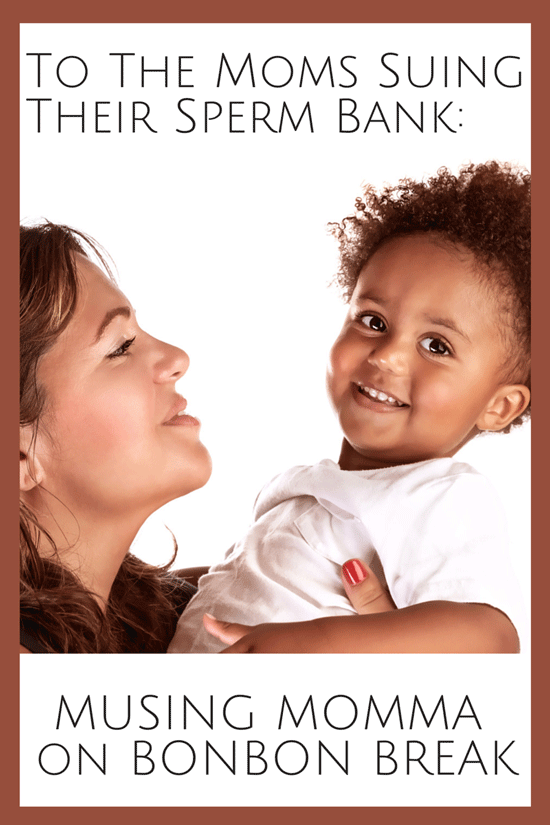
READ MORE FROM MUSING MOMMA
ABOUT ELLIE: Ellie is the Editor of the Family Room at BonBon Break and blogs at Musing Momma, where she shares inspiration for happy parenting and reflects on life as momma in a mixed race family. Ellie has a Ph.D. in psychology and counseled children and families for several years before changing paths to spend more time with her family. She resides in central Pennsylvania with her husband, their two adorably mischievous boys (ages 4 and 7), and their sweet, arthritic dog (age 84, in dog years). Follow Ellie on Facebook | Twitter | Instagram | Pinterest. You can subscribe to her blog right here.
CONTINUE READING IN THE FAMILY ROOM
![]()


